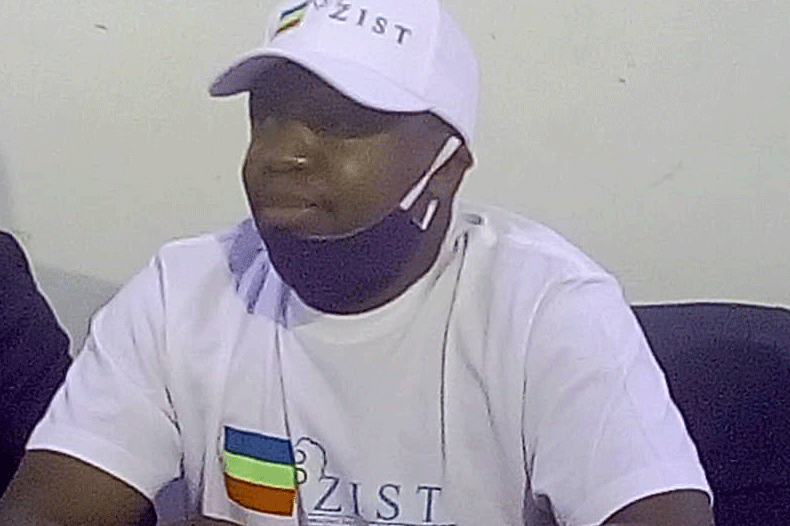
By Staff Reporter
The economic and political turmoil in the country can only be solved if the nation unites beyond social divides and implements various ideas and policies for inclusive development, a local policy researcher and academic, Tinashe Eric Muzamhindo, has said.
Over the years, citizens from different backgrounds have come up with progressive ideas that fail to deliver a better Zimbabwe owing to political polarity.
That is the gap that the Zimbabwe Institute of Strategic Thinking (ZIST), a newly established think tank, aims to fill by influencing strategic thinking, says Muzamhindo, the executive director.
“We are a solution-oriented organisation that offers strategic thinking to all stakeholders including government, civic society, church, business community, parastatals, entrepreneurs, academics, researchers and the whole country,” he said in a recent interview.
“It is very important because if you look at our current political and economic stalemate, we have a serious crisis where solutions are very critical. Zimbabwe is very crowded with many solutions that are not positioned strategically.”
Muzamhindo said, all possible solutions such as those contained in different political party manifestos must be brought forward through a strategic stakeholders engagement where people come together to provide solution-focused thinking.
“We have so many think-tanks and many documents that have been published, but at the moment we have not yet seen any achievement. So we are saying let us bring all these scattered ideas together and position them strategically, providing solution-focused thinking,” said Muzamhindo.
- Chamisa under fire over US$120K donation
- Mavhunga puts DeMbare into Chibuku quarterfinals
- Pension funds bet on Cabora Bassa oilfields
- Councils defy govt fire tender directive
Keep Reading
He added that they are making efforts to incorporate ideas from marginalised groups like rural populations and young academics and researchers whose ideas are usually treated as less important by senior people in the same fields.
With the country facing great political polarity that has negatively impacted development projects, ZIST is offering a platform for impartial engagement to map a sustainable way forward.
“We are just initiating a platform to create a space where people come together on a neutral point of view where we have to take the country forward and I do not think the government or any other person will reject the idea,” he said.










